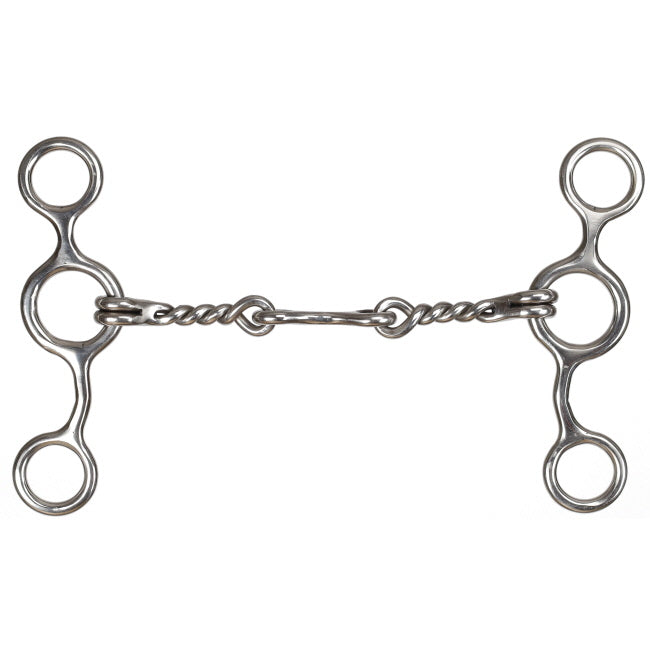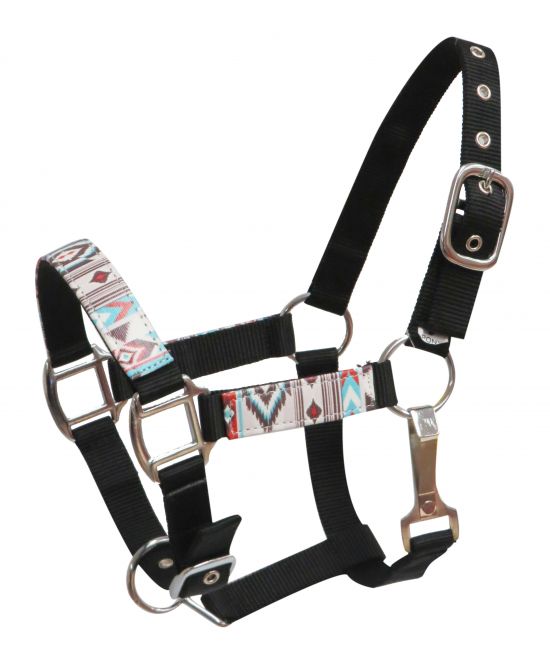Flies are a nuisance that come around every summer. They’re a massive pain for both horses and owners, and they can turn peaceful barn time into a huge drag. But not to worry- there are some simple ways to cut down on these pests this summer!
Manage the Manure
One of the most important aspects of controlling flies involves manure management. Stable flies are the worst of the biting flies that bother horses. And these annoying pests breed in your horses’ manure.
To reduce fly populations around the barn, you have to frequently remove manure from your horse’s stall or paddock. This should happen at least once a day, but more often is great if you can manage it. Dirty bedding is another common place for flies to lay eggs. So, it’s just as important to remove wet bedding from stalls every day to keep the fly population down.
Feed-Through Products
There are supplements designed to prevent flies from breeding in manure and discourage flies from biting your horse. Insect growth regulators (IGR) prevent flies from reproducing. When the active ingredient in IGR is present in the horse’s manure, fly larvae can’t fully develop.
A feed-through product with IGR should be added daily to the horse’s food. Then, it passes through the horse and is left in the manure. The IGR does not affect the horse, but it can destroy fly populations.
If you are looking for a natural alternative, garlic, apple cider, and yeast are known to have natural fly-repellent properties.
Fly Traps
The simplest type of fly trap involves a sticky surface to capture flies. They are usually orange or yellow to draw the flies in and land on them. From there, sticky glue surface sticks to their legs and traps them.
Other traps are designed to draw flies inside where they cannot escape. Some traps have water inside, which drowns the flies. Other traps lure the flies into the container, where they die due to a lack of food and water.
Sticky fly traps can be hung anywhere you notice flies, but make sure they’re out of your horses’ reach!
Fly Sprays
There are two types of fly sprays: insecticidal sprays and repellents. Both types discourage flies from landing on your horse. Oil-based sprays are generally preferred over water-based products because they stay on your horse longer.
Make sure to use a generous amount when applying the fly spray. To apply the spray around your horse’s eyes, ears and muzzle, spray the product onto a rag and wipe it onto the horse’s face.
Fly Masks and Sheets
 Fly masks are one of the most effective ways of protecting your horse from flies. Face flies can be especially irritating to your horse, and they can spread disease. Some masks are designed with ear covers to keep biting gnats out of your horse’s ears. This fly mask also has a nose flap attachment that keeps flies away from the nose and muzzle.
Fly masks are one of the most effective ways of protecting your horse from flies. Face flies can be especially irritating to your horse, and they can spread disease. Some masks are designed with ear covers to keep biting gnats out of your horse’s ears. This fly mask also has a nose flap attachment that keeps flies away from the nose and muzzle.
A flysheet prevents flies from landing directly on your horse’s body. The lightweight mesh blanket protects your horse’s chest, back, sides and hindquarters from biting flies. Add mesh leg wraps to protect the lower legs, and flies will have difficulty finding a place to bite your horse.
Stable Management
Any leftover grain or food items will attract flies to your barn. To help with fly control, empty and scrub feed tubs daily to remove any leftover grain. Water buckets should also be regularly cleaned, especially for horses that like to dunk their hay or drop grain into their water buckets.
If you have trash cans in the barn, make sure the lid is always on and secure. Any garbage containing food should be removed daily. Scrubbing and disinfecting the garbage can will also help keep the flies away!







